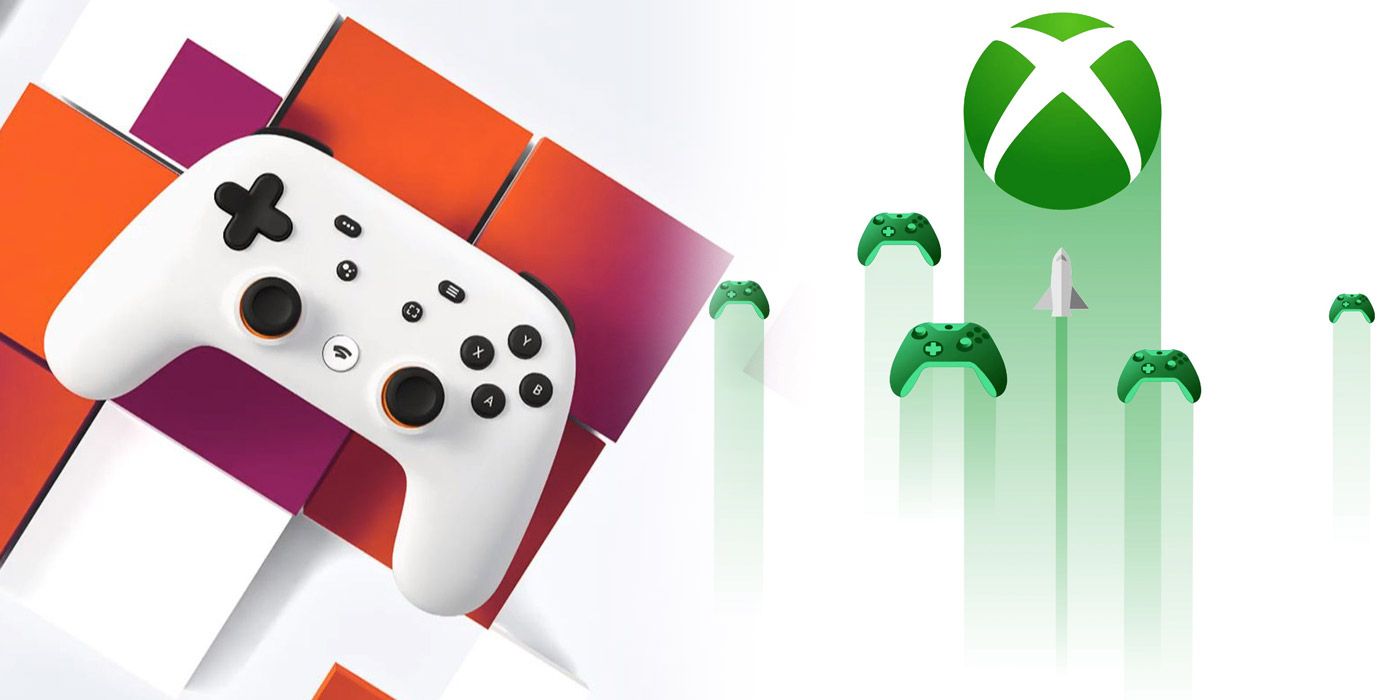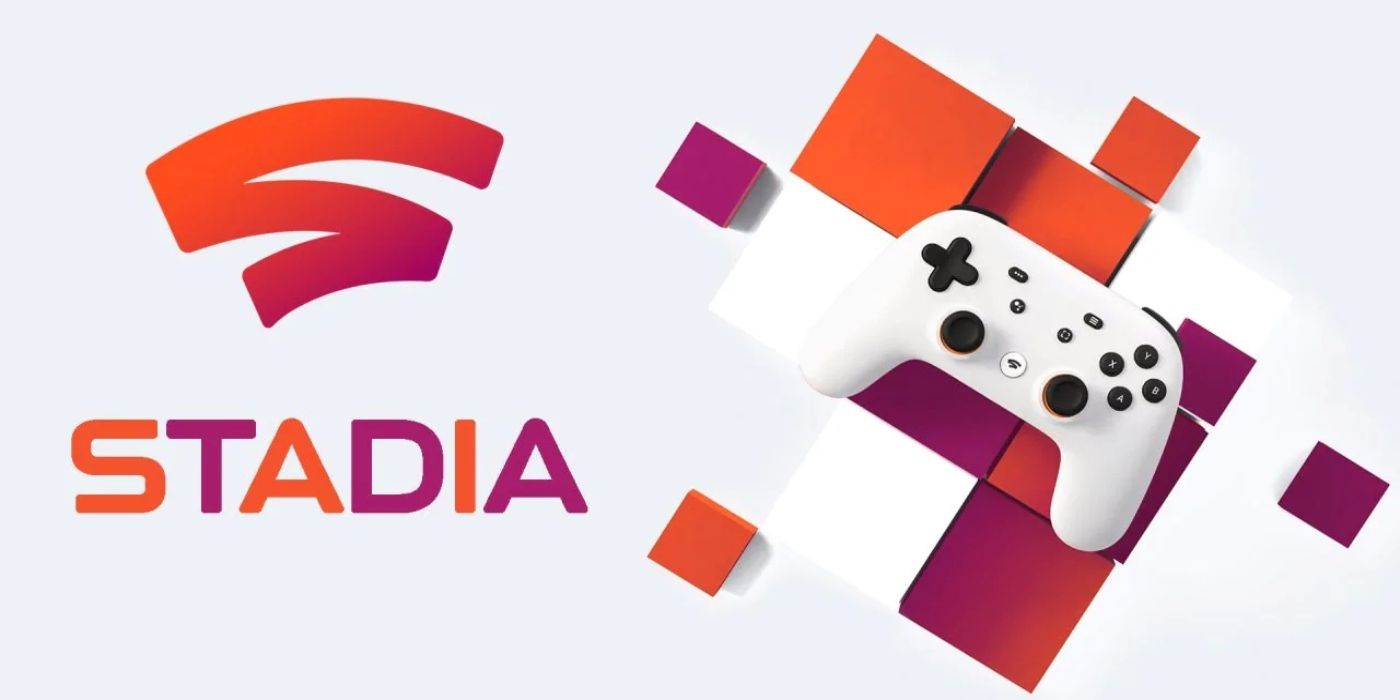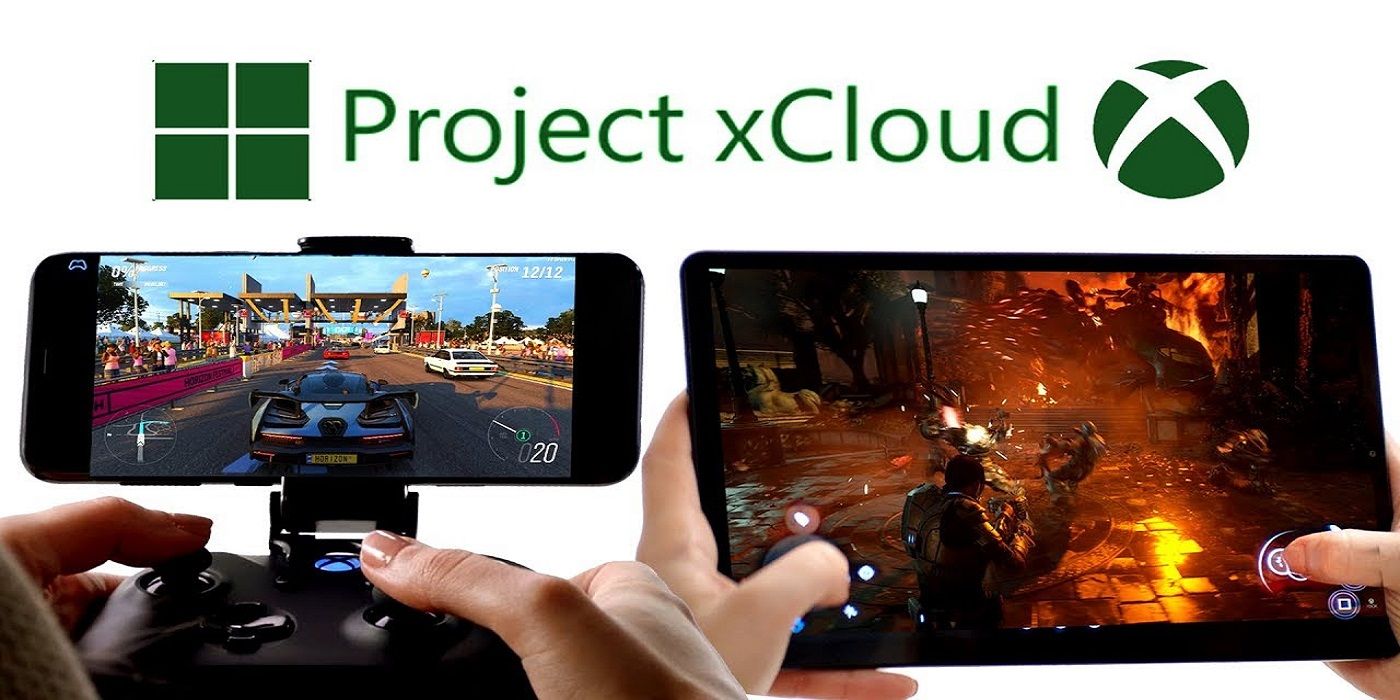Every technology developer wants to be the one on the cutting edge, as inventing the next big thing is a surefire way to corner a market that didn't even exist before. That's what Google tried to do with Stadia, which was supposed to be the dawn of cloud gaming, enabling players to stream any game they wanted to any device they wanted. In a nutshell, it's a brilliant idea. Cloud gaming saves the physical space of game boxes and discs, as well as the digital space of installed games. Unfortunately, the Stadia didn't take off the way that Google hoped, and now the search engine titan looks like it's moving on to greener pastures, leasing out its tech and no longer working on first-party games.
Cloud gaming isn't dead, though. Microsoft's xCloud project is still deep in production, for instance, starting to spread out throughout the world. If Microsoft or its competitors can perfect cloud gaming, they'll have a couple significant advantages over Google and the Stadia. For one, they have way more experience developing consoles and exclusive games for them. For another, though, companies like Microsoft have the Stadia's own experiences to go off of. Google spearheaded a new gaming industry and didn't quite hit the mark, so Microsoft is probably using the Stadia as a case study to make sure xCloud meets expectations.
Stadia's Foibles
Google really needed to impress critics with the Stadia, since it was Google's first attempt at a game platform. Preliminary tests of the Stadia showed some promise, but when it released properly, the reception wasn't as warm. Many reviewers and users made claims of latency issues, resulting in lag even in a single player experience. What's more, the resolution of games wasn't exactly what Google promised, as many games frequently rendered in lower quality than Google said they would. That kind of performance wasn't exactly what potential fans wanted in exchange for a fairly demanding usage of data on their internet plans.
All of these things are what xCloud has to optimize to be a success. It's no surprise that cloud gaming can be impaired by connectivity issues, but that only means Microsoft is incentivized to optimize. Microsoft is doubtlessly studying the Stadia's malfunctions so its know what could go wrong with xCloud and gets a picture of how to avoid them. It has to streamline the delivery of game data and find ways to preserve the game's performance as much as possible, even when players' connection is shaky. Although that's a tall order, that's what it'll take to make cloud gaming a mainstream success.
Microsoft's Advantages
The biggest thing xCloud has going for it as a successor to the Stadia is Microsoft's in-house studios. Google promised to deliver unique experiences for the Stadia, but now it's shutting its game development studios down. In contrast, there's no chance of Microsoft's Xbox Game Studios going anywhere. The Xbox Series X is going strong, and Microsoft has a lot of new titles for it in development. Games like Fable and Perfect Dark will attract players to xCloud, as well as anything Bethesda cooks up for Microsoft from here on out. Microsoft exclusive games will draw in players in a way that Stadia never managed to do.
Microsoft has a lot more experience in developing game consoles in general too. Cloud gaming might be a new frontier, but there's a lot of basic technical knowledge that Microsoft has down. It also seems to be taking xCloud's rollout in stages in a way that Google didn't try with the Stadia. Some critics said Stadia was released well before it was ready for sale, but Microsoft has slowly started making xCloud available in specific regions. That's a great way to slowly figure out what needs to change about the service. Cloud gaming has a ton of potential, and it could be a great way to make gaming more accessible and convenient in the digital age. Google Stadia may not have been everything it was chocked up to be, but it taught some valuable lessons that'll help develop this new frontier of technology.



